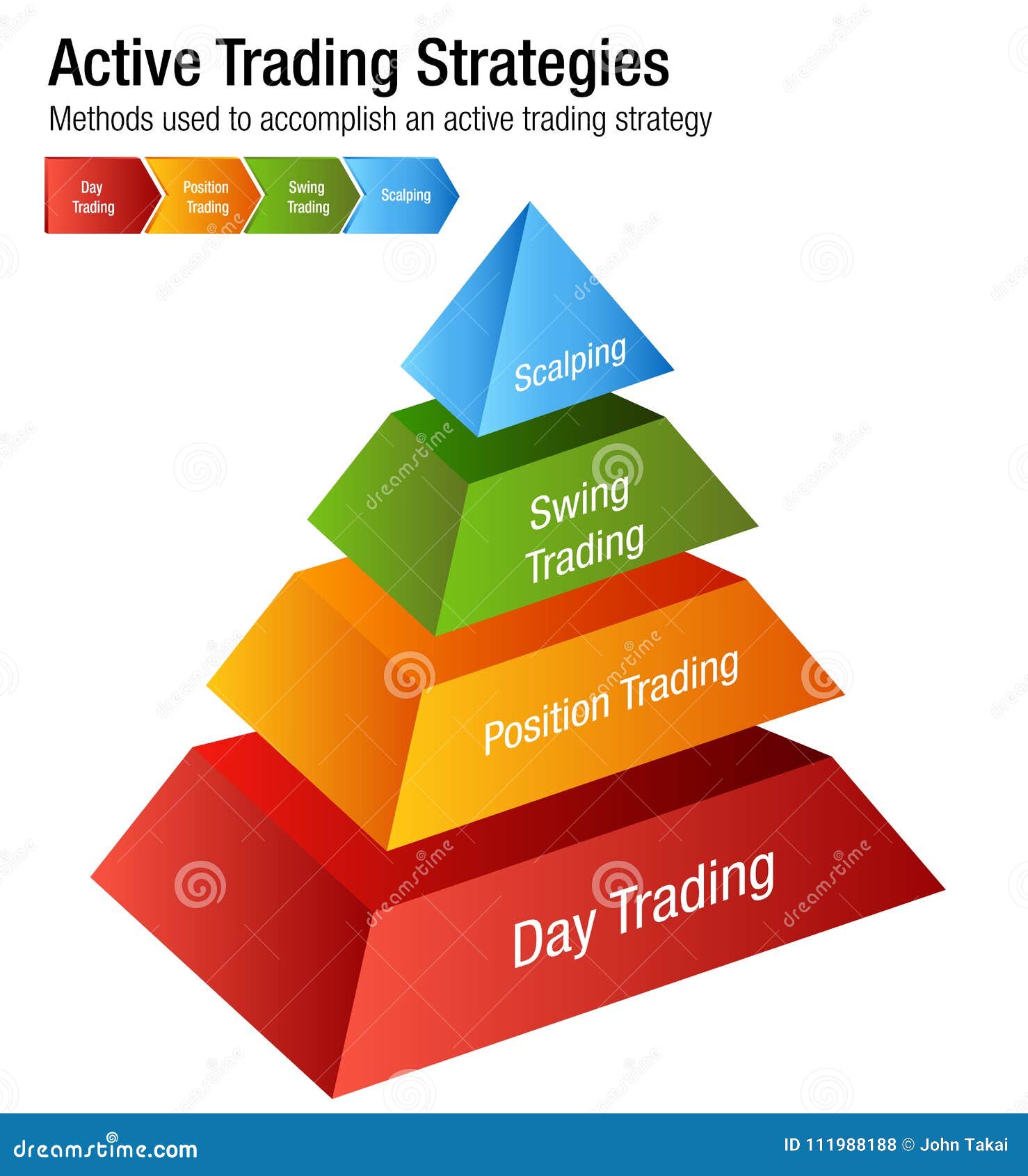
It’s not easy to stomach a loss, especially when it’s a small fortune. It goes against our nature to risk money, that is why most fail. When greed takes over, you can move your stop loss away and turn a winning position into a losing position in the space of 10 minutes.īoth emotions are natural but they are controllable.

Squeezing every last pip out of a trade is what you should do (using trailing stop losses to maximise this). Not only can it make you jump into terrible opportunities, but it can erode your good trades if you are not careful. Greed took over from your analysis because you didn’t want to miss the move up. Greed would kick in and you would try and jump in on the large move expecting it to move higher to only find out it then plummets down 70 pips.

Greed can induce overconfidence when trading the markets.įor example, your analysis could point to a buying opportunity but your analysis says the timing is not right now. On the flip side, you have a powerful emotion in greed.Įveryone that trades want to make as much money as possible, whilst risking the least amount as possible. This can really destroy your account and your confidence. This is fear of missing out and is common outside of trading to fit in with the crowd. If you see the market moving up or down fast (to short sell), fear is what urges you to jump on for quick profit potential.

It’s a risk-taking business after all!)Įqually, fear can be injected another way: (Side note: if you are completely against risking money, you may as well stop looking at trading as a whole. With fear, you either avoid entering the trade because of the risk of losing money. These two emotions will make you lose more money than any. The wrong types of trading psychology can be narrowed down to two emotions that will ruin any trader if caught off guard. This demonstrates a lack of discipline and also exposes you to a greater than intended loss, essentially turning a trade into a gamble in the prospect of the market turning around. This is a common psychological behaviour to avoid loss (especially so early on in the trade). If you said no, there is a high chance you are lying because everyone has done this at least once. It continued lower and you adjusted your stop loss, so you wouldn’t be taken out? Have you traded something in the past, and you’ve done all your analysis, but the market went against you as soon as you entered? They fall into this trap from losing an emotional battle with the markets. Most forex traders for example want to make a fast buck and frequently, this is a method of trading called Scalping, BUT this is what most traders don’t intend on doing. Some people are able to switch off their emotions, untie them from the value of goods, and able to trade/invest with conviction. Without control over these emotions, making any form of money – in trading or the real world – will become a difficult mountain to climb. This is the reason why so many beginners close their positions early. This is because they are emotionally invested, and the fear of losing the money outweighs anything. Most people are hardwired to avoid losing money at all costs, which will lead them to make bad decisions in the markets. Trading psychology is all about understanding your own emotional make-up when it comes to trading your own money.


 0 kommentar(er)
0 kommentar(er)
